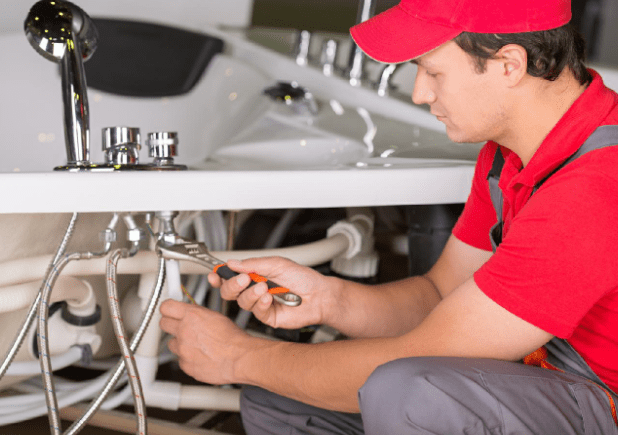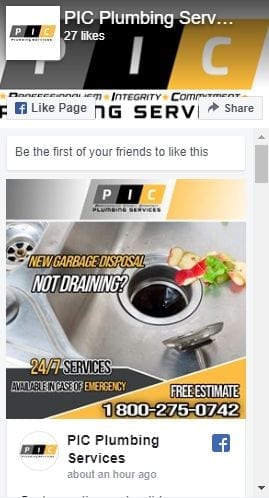Sewage Plumbing: Understanding The Basics In San Diego
Sewage plumbing is a critical aspect of any home’s plumbing system. It involves the safe and efficient removal of wastewater and sewage from your home and the transportation of it to a treatment facility. If you’re a homeowner, it’s essential to understand the basics of sewage plumbing to ensure that your plumbing system is functioning correctly and to prevent costly repairs down the road.
What Is Sewage Plumbing?
Sewage plumbing is the process of removing wastewater from your home and safely transporting it to a treatment facility. It involves a network of pipes, pumps, and other equipment that work together to ensure that wastewater is removed from your home and treated properly.
How Does Sewage Plumbing Work?
Sewage plumbing starts with the drainage system in your home. All the wastewater from your sinks, toilets, and other plumbing fixtures flows into a main drain that leads to a septic tank or a sewer system.
Why Is Proper Sewage Plumbing Important?
Proper sewage plumbing is essential for a variety of reasons. First, it ensures that wastewater is safely and efficiently removed from your home, preventing backups and other plumbing issues.
What Are Common Sewage Plumbing Issues?
Some common sewage plumbing issues include clogged drains, broken pipes, and sewer line backups. These issues can be caused by a variety of factors, including flushing non-biodegradable items down the toilet, tree root intrusion, and natural wear and tear on the plumbing system over time.
FAQs
What Should I Do If I Suspect A Sewage Plumbing Issue?
If you suspect a sewage plumbing issue, such as a clogged drain or a sewer line backup, it’s essential to call a professional plumber right away. Sewage plumbing issues can cause serious damage to your plumbing system and your home if left untreated, so it’s best to address them as soon as possible.
How Often Should I Have My Sewage Plumbing System Inspected?
It’s recommended to have your sewage plumbing system inspected every one to two years to ensure that it’s functioning properly. During an inspection, a professional plumber will check for any signs of damage, such as cracks or leaks, and clean out any accumulated debris or sediment from the pipes.
What Can I Do To Prevent Sewage Plumbing Issues?
To prevent sewage plumbing issues, it’s important to be mindful of what goes down the drains in your home. Avoid flushing non-biodegradable items, such as baby wipes and feminine hygiene products, down the toilet, and dispose of grease and oil in the trash rather than down the sink.
Conclusion
Understanding the basics of sewage plumbing is essential for homeowners to ensure that their plumbing system is functioning correctly and to prevent costly repairs down the road. By being mindful of what goes down the drains in your home. Give Pic Plumbing a call at (800)-275-0742.
Give us a call at (619) 332-0275 if you’d like a free estimate on cleaning or replacing your carport floor drain.
Visit our website through this link for more information about plumbing repairs and get to know how we can help. https://picplumbing.com/.
PIC Plumbing Services
5482 Complex St suite 108, San Diego
CA 92123
(619) 332-0275
Feel free to reach out to us through our social media handles:
Facebook
Twitter
Youtube
Instagram



